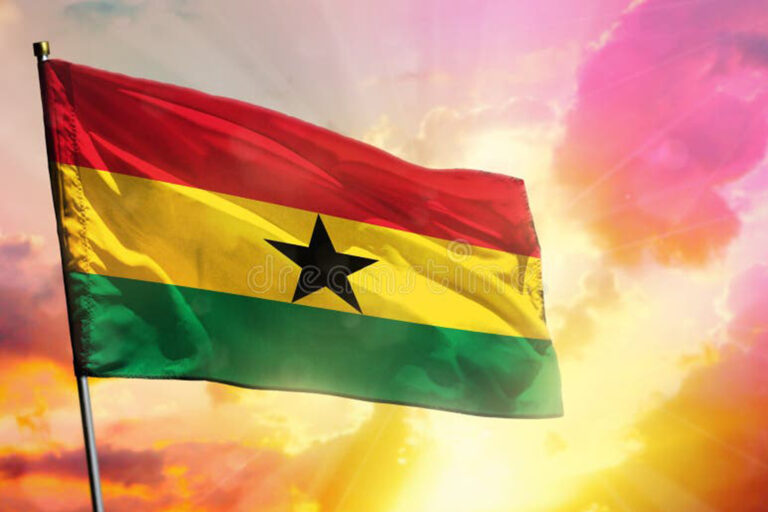Ghana is a multi-party democracy, and the political system is characterized by competitive elections and a separation of powers among the executive, legislative, and judicial branches. The country’s constitution serves as the supreme law, establishing the framework for government institutions, defining the rights of citizens, and outlining the structure of the state. The President is both the head of state and head of government. The President is elected through a popular vote and can serve a maximum of two four-year terms.
The Parliament of Ghana is a unicameral legislature. Members of Parliament (MPs) are elected to represent constituencies, and additional members are appointed to ensure proportional representation. Ghana has a multi-party system, with several political parties participating in elections. The two major parties are the New Patriotic Party (NPP) and the National Democratic Congress (NDC).
Ghana holds regular elections at the national and local levels. Presidential and parliamentary elections are held every four years. The Electoral Commission is responsible for organizing and overseeing elections. The judiciary is independent and interprets the laws of the country. The Supreme Court is the highest court in Ghana, and it has the authority to hear constitutional cases.
Ghana has a decentralized system of local government, with regional and district assemblies. Local government officials are elected to manage the affairs of regions and districts. Ghana upholds the rule of law, and the legal system is based on English common law. The judiciary plays a crucial role in ensuring that laws are applied consistently and fairly.
Ghana recognizes and protects fundamental human rights and freedoms. These rights are enshrined in the constitution and include freedom of speech, assembly, and religion. Ghana has anti-corruption initiatives and institutions aimed at combating corruption. The country has made efforts to improve transparency and accountability in both the public and private sectors.


